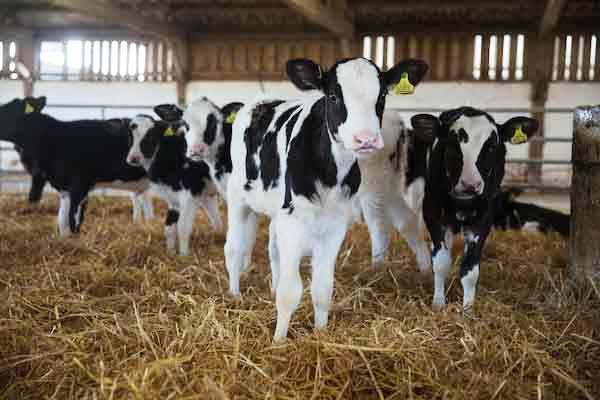
Recent research showed that most pastoralists believe that calves collect worms from the pasture during feeding.
Cattle calves’ diarrhea infection is a non-responsive diarrhea to treatment in suckling cattle calves. Recent research by the Kenya Agricultural Research and Livestock Organization showed that most pastoralists believe that calves collect worms from the pasture during feeding. The signs of the disease include diarrhea, Colic-abdominal pains and colored mucus.
READ ALSO: How to get a fertile cow for more milk and calves
Some vegetation species e.g. Duosperma eremophilum are associated with worms. Further, pastoralists associate diarrhoea in suckling calves with excess milk. The cattle owners treat diarrhoea of in-house calves with antibiotics. The calves however sometimes do not recover but the diarrhoea continues and may lead to death.
Calves are usually infected with worms from the mother. The Dormant eggs in the mother become active and larvae migrate to the mammary glands whereby in-house calves are infected after suckling milk of the infected mothers.
READ ALSO: Cow mattress can earn dairy farmers over Sh3,000, cut mastitis
Treat the sick calves with a de-wormer (Use a safe, effective, metabolisable and economic de-wormer). Ensure that the cattle calves are well restrained to avoid choking.
For laboratory diagnosis collect faecal sample for examination in the laboratory. On examination, eggs of the parasite are seen on the specimen.
READ ALSO: Keenly observe heat signs for successful cow fertilisation
Treat the cow in the last trimester of pregnancy with a de-wormer. Also clean the bomas to avoid re-infection. It is advisable to treat new animals before introducing them to your herd. Finally, share the knowledge with other cattle owners to increase awareness of the disease in the community.
















Comments (0)
Comments powered by CComment